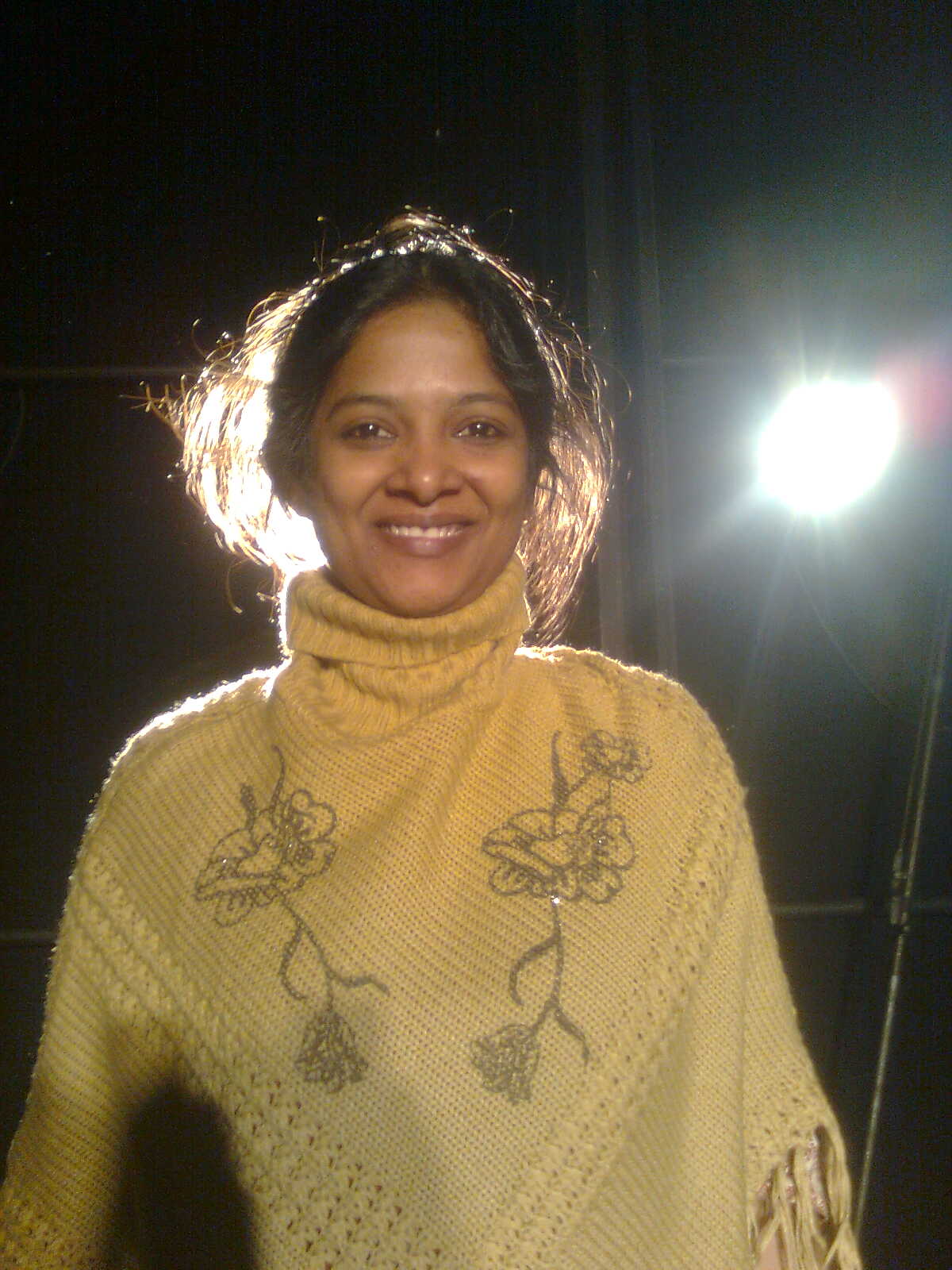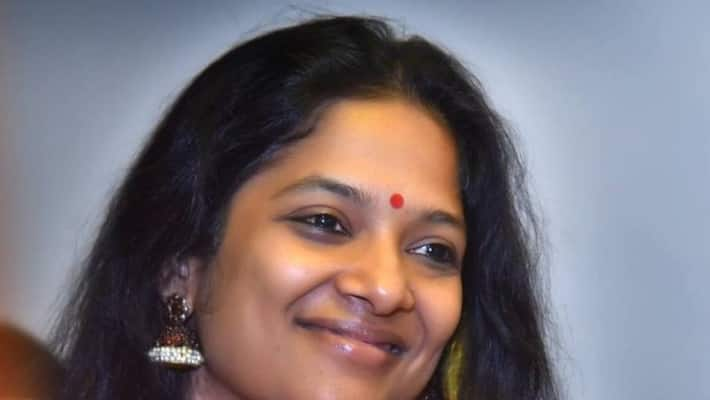

The Echoing Chamber brings together subaltern voices and allows the audience to engage in an anachronistic reflection on the consequences of failing to recollect the making of the ‘nation’ and ‘national identity’. The play is a dedication to our forgetfulness. This important incident has been absent in the collective memory of the nation – absent in our history books, absent in the stories we share, absent in our imagination of independence and democracy. The Sunderlal Committee report compiled after the massacre estimated the death toll to be anywhere between 27 and 40 thousand. Aurangabad, Bir, Nalagunda, Medak, Gulburga, Bidar, Nader, Osmanabad were the areas that experienced extreme bloodshed, rape and torture by the armed forces of the newly formed Indian state. Tens and thousands were brutally slaughtered in the princely state of Hyderabad.

In October 1948, a year after the partition of India and Pakistan, another massacre occurred in central India.

Performed by Shilpa Mudbi Kothakota and Pallavi MD (Winner of the Toto Award for Creative Writing 2019). People believe that AatiKalenja brings the positive energy which protects from evil spirits and diseases but the community which performs this ritual are kept as untouchables till today The boy questions this discrimination in the film.Ī rehearsed reading of Swati Simha’s play 'The Echoing Chamber' Aati Kalenja is also considered as a traditional healer who at times dispenses medicinal herbs to overcome illness. As a reward for expunging the evil that surrounds. Accompanist beats the drum and recites the song, "Aateeg Baththe Aati Kalenja" narrating the story of the spirit. He dances to the beats of the drum called “ tembare” which is of very significance in culture of Tulu Nadu.

This could well be called the origin of the “Aati Kalenja” cult in Tulu Nadu. This is the reason for “Aati” being considered as month of disasters and the man starts pleading and pleasing the nature to be merciful towards him. So man is more prone to sickness in this season and poverty due to lack of work for the people who are solely depending on the agriculture. During this season heavy rain causes not only disasters but also diseases as the season is conducive to the insects and pests to breed. “Aati” is when there is a heavy rain fall which would destroy the crops. It is also believed that Aati Kalenja brings the positive energy which would ward off evil spirits and diseases. It is believed that during the month of ”Aati”, nature’s spirit “Kalenja” descends on Earth to bless the land and its people. In return, people would offer rice, grains, vegetables, money etc to artistes. Especially in villages of Tulu Nadu where agriculture has a significant role in the life of Tuluvas socio-economic fabric are the people belonging to “Nalike” community visit houses of people in colourful attire masquerading as “Kalinja”. Tulu Nadu is known for its rich traditions. It normally comes in the months of July and August. Produced by : Vidhyadhar and Suraj CharlesĬast: Ramdas Devadiga, MD Pallavi, Master Santosh, Venkat Rao, Srivatsa, Ravindra ShettyĪati Kalenja is an ancient traditional folk art form practiced by Tulu people from the region of Tulu Nadu, India ( Southern part of West coast of Karnataka state) which is believed to bring prosperity during “Aati “which is one of the months in Tulu calendar. Story, Screenplay and Direction by : Sudheer Attavar Nalanda Arts Studio is a Bangalore based arts organization focussed on research, scholarship, training and practice of performing and Fine Arts with a focus on collaborations between Asian, African and Middle Eastern artists and communities. Production Assistant: Sanjay Bharadwaj and Prajwal SĬostume Design: Arundhati Nag, Abhishek Majumdar Translations by: Pallavi MD, Bindhumalini and Aparna Chandar Original Texts: William Shakespeare’s Othello and Tishani Doshi’s ‘Girls Are Coming Out Of The Woods’ Performed by: Bindhumalini and Pallavi MDĭevised and Written by: Irawati Karnik, Abhishek Majumdar, Pallavi MD, Veena Appiah, Bindhumalini and Nikhil Nagaraj Supported by Ranga Shankara's 'Play the Play' programmeĭirection and Scenography : Abhishek Majumdar


 0 kommentar(er)
0 kommentar(er)
